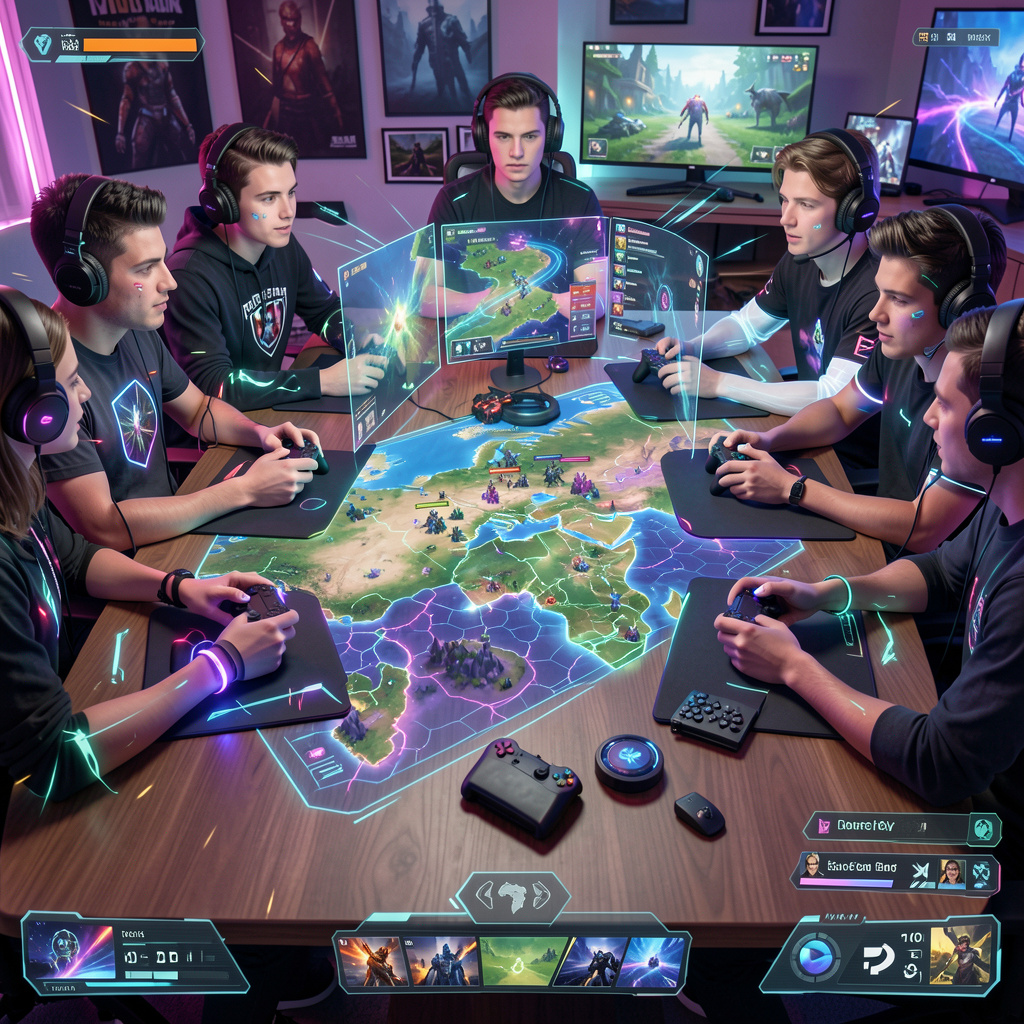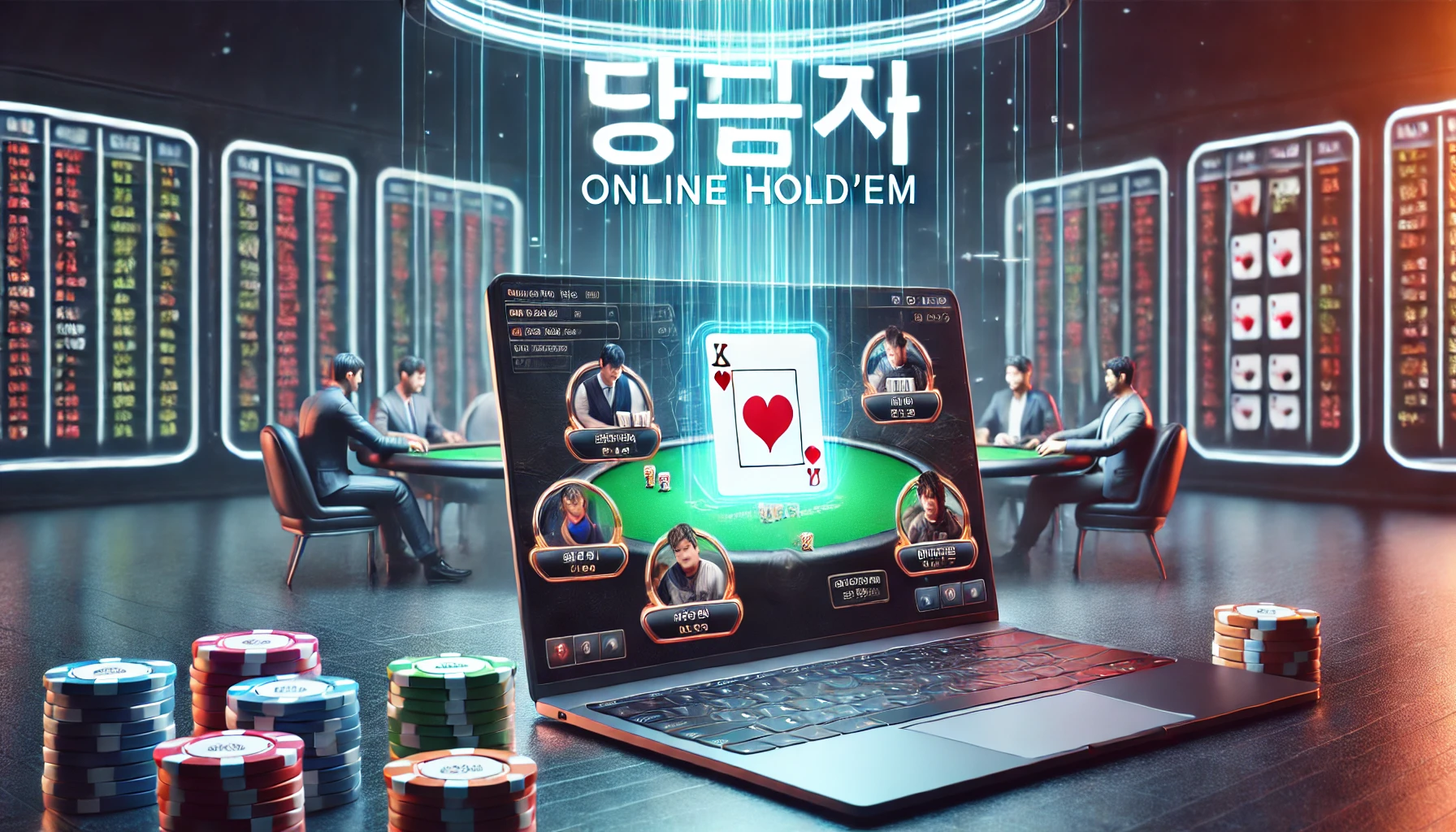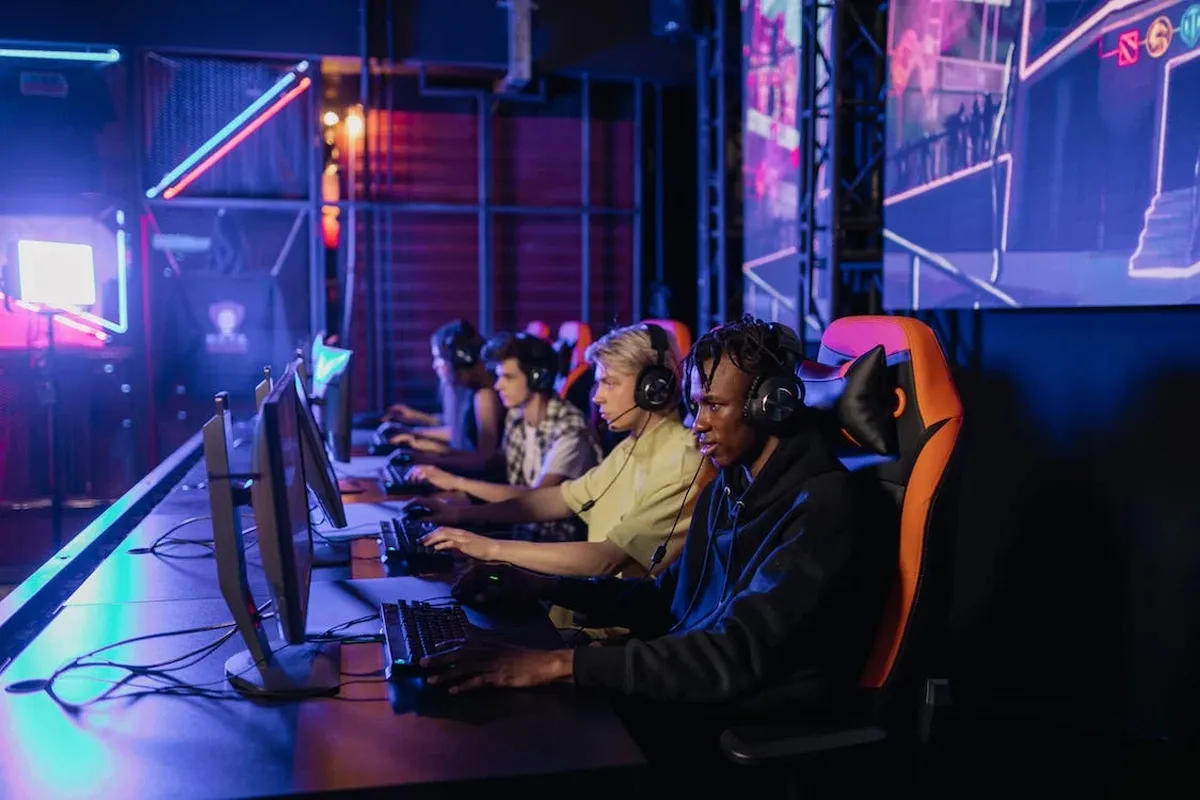Introduction
Online gaming has become a dominant form of entertainment, with billions of players worldwide. While it offers excitement, social connection, and cognitive stimulation, its impact on mental health remains a topic of debate. Research suggests that gaming can have both positive and negative effects on psychological well-being, depending on usage patterns, game genres, and individual predispositions. This article explores how online gaming influences mental health, 해외축구중계 its benefits, risks, and strategies for maintaining balance.
1. The Positive Effects of Online Gaming
A. Cognitive Benefits
Online gaming can enhance various cognitive functions:
- Improved Problem-Solving Skills – Strategy games (StarCraft, Civilization) require quick decision-making and long-term planning.
- Enhanced Memory & Attention – Fast-paced shooters (Call of Duty, Valorant) improve reaction times and visual processing.
- Creativity Boost – Sandbox games (Minecraft, Roblox) encourage imaginative thinking and design skills.
B. Social Connection & Reduced Loneliness
For many, online gaming provides a vital social outlet:
- Multiplayer Communities – Games like World of Warcraft and Among Us foster teamwork and friendships.
- Support for Introverts – Shy individuals may find it easier to socialize in virtual spaces.
- Global Interaction – Gamers connect across cultures, reducing feelings of isolation.
C. Stress Relief & Emotional Regulation
- Escapism & Relaxation – Immersive worlds (The Legend of Zelda, Stardew Valley) offer a break from real-life stress.
- Catharsis – Competitive games (Apex Legends, League of Legends) can serve as an emotional release.
- Mindfulness & Flow States – Games that induce flow (complete absorption) can reduce anxiety.
2. The Negative Effects of Online Gaming
A. Addiction & Compulsive Gaming
Excessive gaming can lead to Gaming Disorder (recognized by the WHO), characterized by:
- Loss of Control – Inability to stop despite negative consequences.
- Neglect of Responsibilities – Skipping work, school, or social obligations.
- Withdrawal Symptoms – Irritability, restlessness, or depression when not playing.
High-Risk Groups: Adolescents and individuals with ADHD or depression are more susceptible.
B. Increased Anxiety & Depression
- Toxicity & Cyberbullying – Competitive games (DOTA 2, Overwatch) often have toxic communities that increase stress.
- Social Comparison – Seeing others’ achievements (Fortnite skins, high ranks) can fuel inadequacy.
- Sleep Deprivation – Late-night gaming disrupts circadian rhythms, worsening mood disorders.
C. Aggression & Desensitization
While debated, some studies link violent games (Grand Theft Auto, Call of Duty) to:
- Short-Term Aggression – Increased hostility after competitive matches.
- Emotional Numbing – Reduced empathy after prolonged exposure to violent content.
3. Finding Balance: Healthy Gaming Habits
To maximize benefits and minimize risks, gamers should adopt moderation strategies:
A. Set Time Limits
- Use app timers (iOS Screen Time, Digital Wellbeing on Android).
- Follow the 20-20-20 rule (every 20 minutes, look 20 feet away for 20 seconds).
B. Prioritize Real-Life Connections
- Schedule offline social activities.
- Join local gaming meetups to blend digital and real-world interactions.
C. Choose Games Wisely
- Cozy Games (Animal Crossing, Journey) reduce stress.
- Co-op Games (It Takes Two, Portal 2) strengthen relationships.
D. Recognize Warning Signs
- Physical Symptoms – Eye strain, headaches, poor posture.
- Emotional Red Flags – Mood swings, irritability, neglect of hygiene.
Conclusion: A Double-Edged Sword
Online gaming’s impact on mental health is complex—it can enhance cognitive skills, reduce loneliness, and relieve stress, but excessive play may lead to addiction, anxiety, and social withdrawal. The key lies in mindful gaming: setting boundaries, choosing positive communities, and balancing virtual experiences with real-life well-being.



